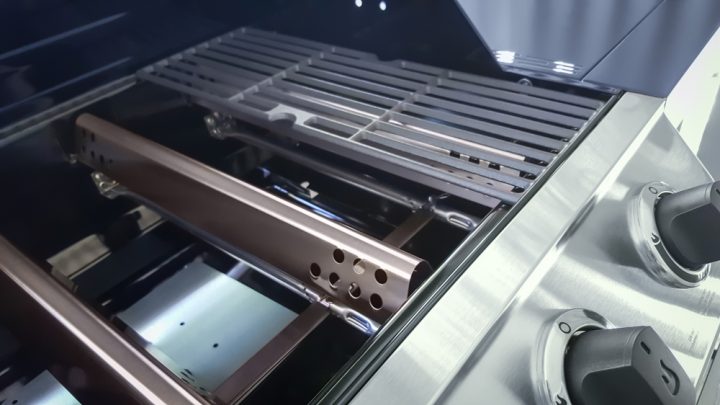Replace or Repair? A Comprehensive Guide on Grills
Title: Replace or Repair? A Comprehensive Guide on Grills
Introduction:
Grilling season is upon us, and as you dust off your trusty grill, you might notice it’s not in its prime shape anymore. Whether it’s rusted grates, malfunctioning burners, or just general wear and tear, the question arises: Should you replace your grill or opt for repairs? In this guide, we’ll walk you through the considerations to help you make an informed decision.

Assessing the Condition:
The first step in deciding whether to replace or repair your grill is assessing its condition. Take a close look at the various components:
- Grates: Are they rusted, warped, or damaged beyond repair?
- Burners: Do they light up properly, or are they corroded?
- Ignition System: Is it functioning smoothly, or does it need constant tinkering?
- Exterior: Is the body of the grill showing signs of rust, dents, or other damage?
- Overall Performance: Does the grill heat evenly, or are there hot spots or cold zones?
Repair Considerations:
If the issues with your grill are minor and primarily cosmetic, repairs might be a cost-effective solution. Here are some common repairs:
- Replacing Grates: Rusty or damaged grates can often be replaced without having to replace the entire grill.
- Cleaning and Maintenance: A thorough cleaning and maintenance routine can extend the life of your grill.
- Replacing Burners: If the burners are the problem, they can usually be replaced relatively easily.
- Ignition System: Sometimes, a faulty ignition system just needs cleaning or minor adjustments.
Replacement Considerations:
However, there are times when repairing your grill might not be the best option, especially if the issues are extensive or if the grill is nearing the end of its lifespan. Here are some factors to consider when opting for replacement:
- Cost of Repairs: If the cost of repairs is close to or exceeds the cost of a new grill, replacement might be the more economical choice.
- Age of the Grill: Consider how long you’ve had the grill and whether it’s already outlasted its expected lifespan.
- Technological Advances: Newer grills often come with advanced features that enhance performance and convenience.
- Safety Concerns: If your grill poses safety risks due to malfunctioning components, it’s time to replace it.
- Personal Preferences: Perhaps you’ve outgrown your current grill and are looking for an upgrade in size or features.
Making the Decision:
Ultimately, the decision to repair or replace your grill depends on various factors, including budget, the extent of damage, and personal preferences. Here are some steps to help you make the right choice:
- Assess: Evaluate the condition of your grill and identify the issues.
- Research: Look into the cost of repairs versus the price of a new grill with similar features.
- Consider Long-Term Value: Think about the long-term investment and whether repairs will provide sufficient value.
- Consult Professionals: If you’re unsure, seek advice from grill experts or technicians.
- Trust Your Instincts: Ultimately, go with what feels right for you and your grilling needs.
Conclusion:
Whether you decide to repair or replace your grill, the goal is to ensure that you can continue enjoying delicious barbecue for years to come. By carefully weighing the pros and cons and considering factors like cost, age, and performance, you can make a decision that’s right for you. Happy grilling!

